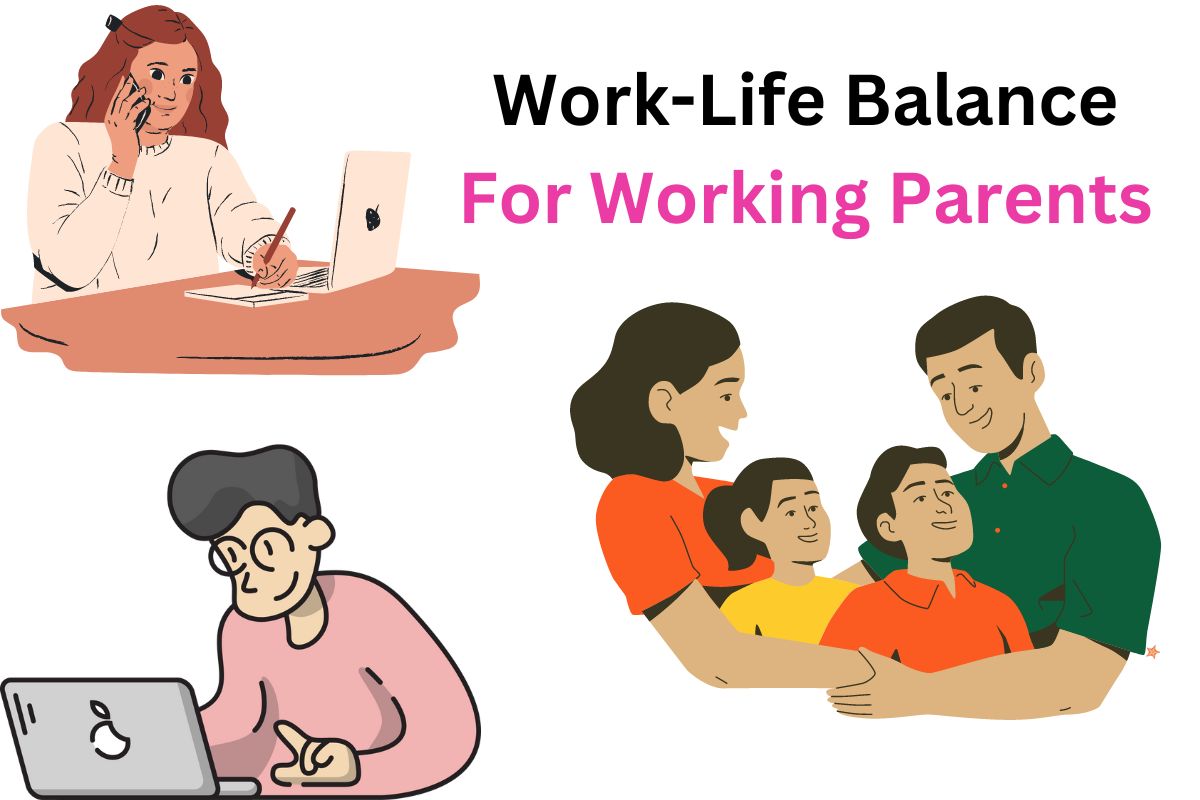Balancing work and family life is a common challenge for many working parents, as they strive to fulfill responsibilities both in the workplace and at home. Finding equilibrium between professional commitments and family obligations requires effective time management, communication, and prioritization strategies. Here are some tips to help working parents navigate the complexities of balancing work and family life.
Firstly, setting clear boundaries between work and family time is essential for maintaining balance. Establishing designated work hours and family time slots can help delineate between professional and personal responsibilities, allowing parents to be fully present and engaged in both domains. Communicating these boundaries to employers, colleagues, and family members can help manage expectations and reduce conflicts related to conflicting demands on time and attention.
Secondly, prioritizing tasks and responsibilities based on importance and urgency can help working parents manage competing demands more effectively. Identifying key priorities at work and home, delegating tasks when possible, and saying no to nonessential commitments can help streamline responsibilities and reduce feelings of overwhelm. Utilizing tools such as to-do lists, calendars, and task management apps can aid in organizing priorities and allocating time accordingly.
Moreover, fostering open communication and collaboration with employers, coworkers, and family members is essential for achieving work-life balance. Negotiating flexible work arrangements, such as telecommuting, flexible hours, or job-sharing arrangements, can provide working parents with the flexibility they need to fulfill family responsibilities while maintaining productivity and performance at work. Additionally, communicating openly with family members about expectations, needs, and challenges can help foster understanding, support, and collaboration in managing family dynamics and responsibilities.
Furthermore, investing in self-care and prioritizing well-being is crucial for maintaining balance and resilience amidst the demands of work and family life. Carving out time for rest, relaxation, and activities that promote physical, emotional, and mental health is essential for preventing burnout and sustaining long-term well-being. Whether it’s exercising, practicing mindfulness, pursuing hobbies, or spending quality time with loved ones, prioritizing self-care helps recharge energy levels and enhance overall quality of life.
Lastly, seeking support from peers, mentors, and support networks can provide working parents with valuable guidance, encouragement, and resources for navigating the challenges of balancing work and family life. Connecting with other working parents facing similar challenges, joining parent support groups or online communities, and seeking advice from experienced mentors can offer insights, perspective, and solidarity in managing the complexities of modern parenthood.
In conclusion, balancing work and family life requires intention, communication, and self-care to navigate the competing demands of professional and personal responsibilities effectively. By setting clear boundaries, prioritizing tasks, fostering open communication, prioritizing self-care, and seeking support from peers and mentors, working parents can create harmonious and fulfilling lives that honor both their professional aspirations and their commitment to family. Embracing the challenges and opportunities of balancing work and family life with resilience, flexibility, and compassion can lead to greater satisfaction, fulfillment, and well-being for both parents and their families.



